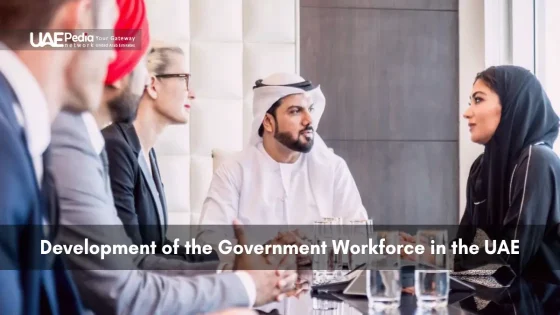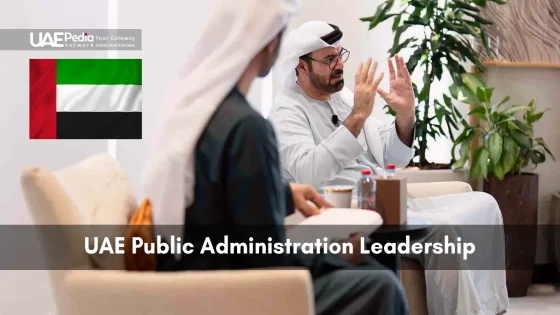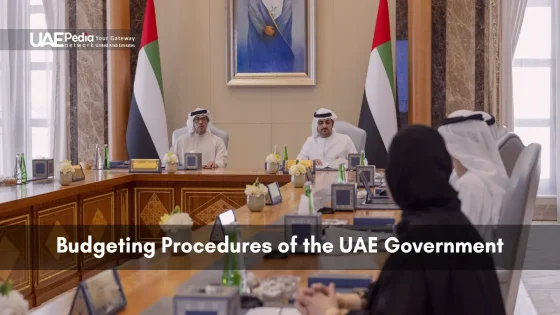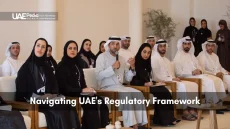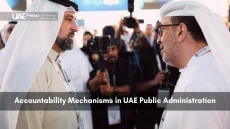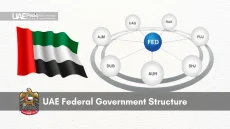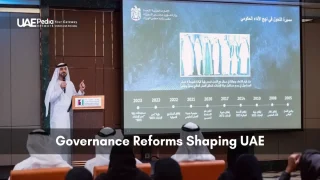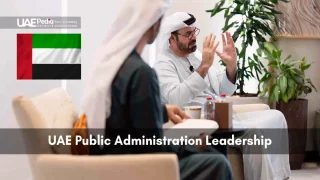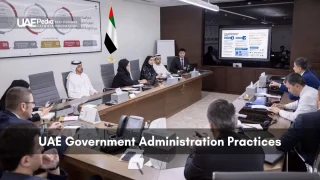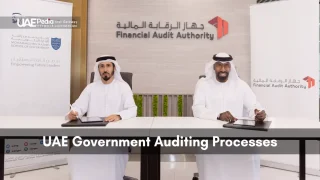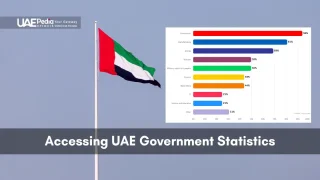The United Arab Emirates is working hard to build a skilled government workforce. They want a workforce ready for the future. They are using new strategies to make this happen. Did you know that Dubai has 13 government entities in a special program? This shows the UAE’s commitment to a strong civil service.
The UAE is creating a better future for government work. They are using new programs to help talent grow. They also want to understand challenges and prepare for the future. They are looking at how technology changes work. They also want to make sure employees have a good work-life balance. The UAE is preparing its workforce for the 21st century.
Development of the Government Workforce in the UAE
The UAE government wants a top-notch workforce. It has started many projects to help its public sector workers. The Government Work Accelerators Program is a big help in this effort.
Future of Government Work Accelerators Program
This program works to make government talent better. It looks at problems in public sector jobs and gets ready for future ones. His Excellency Abdullah Ali Bin Zayed Al-Falasi wants new ways to work that attract young people.
The Dubai Government Human Resources Department wants to improve thinking, innovation, and leadership in government work.
The Accelerators Program implements predictive analytics for talent management, using AI-driven workforce planning tools Ref.: “Al Falasi, A.B.Z. (2023). Digital Transformation in UAE Public Sector HR. Dubai Government Review.”
Dubai Social Agenda 33 Implementation
The Dubai Social Agenda 33 aims to make the government’s workforce stronger. It also improves competency development in the public sector. This fits with the UAE’s goals for workforce development and performance management in government.
Digital Transformation Initiatives
The UAE government is making its public sector more modern. It’s teaching employees new skills for the future. Programs like the Mohammed Bin Rashid Smart Learning Program and the UAE’s National Program for Coders help workers become tech-savvy.
These efforts show the UAE government’s dedication to succession planning and improving its public sector workforce. It wants to stay ready for digital age challenges in Abu Dhabi, Dubai, and Sharjah.
Strategic Emiratisation Targets and Implementation
The UAE government wants more Emirati nationals in the workforce. They aim to get 75,000 citizens into the private sector in five years. This plan is to help the local workforce and grow the economy.
The Cabinet decided to increase Emiratisation rates to 2% a year for skilled jobs. This will help increase the Emirati workforce by 10% by 2026. Companies with 20 to 49 workers must hire at least one UAE citizen by 2024. This rule will apply to 14 sectors, like tech and healthcare.
Working together with schools and companies is key to success. Businesses need to show they care about growing and offer chances for career advancement. They should also use local job sites to find Emirati candidates.
It’s important for businesses to follow Emiratisation laws. Fines start at AED 48,000 for not hiring an Emirati in six months. Bigger companies face even bigger fines if they don’t meet targets. The Ministry of Human Resources and Emiratisation (MoHRE) watches over and enforces these rules.
Private companies in the UAE can help the country grow by following the Emiratisation plan. This helps the local workforce and creates a diverse work environment. It’s good for everyone involved.
Private Sector Integration and Workforce Innovation
The UAE government is working hard to get more Emiratis in the private sector. They know it’s key to have a diverse workforce. They also want to connect the public and private sectors better.
The Nafis program helps both job seekers and companies. It offers perks like lower pension costs and money rewards.
Nafis Program and Employment Initiatives
The Nafis program has helped a lot of Emiratis find jobs in the private sector. Over 81,000 have joined since it started. This has led to a big jump in Emiratis working in the private sector in 2023.
This shows how well the program works in matching Emirati talent with job opportunities.
Training and Development Programs
The UAE government also has training programs for Emiratis. They want to get them ready for jobs in the private sector. For example, the ‘Teaching Specialists’ Programme aims to train 4,000 Emiratis for education jobs in four years.
This ensures the workforce has the skills needed for different industries.
Compliance and Regulatory Framework
The UAE has strict rules to make sure companies hire more Emiratis. Companies that don’t comply face big fines. The fines get higher every year.
Companies with 20 to 49 employees must hire at least one skilled Emirati by 2024. By 2025, they need to hire two. If they don’t, they’ll face big penalties.
This strict approach, along with government support, is pushing the private sector to hire more Emiratis.
